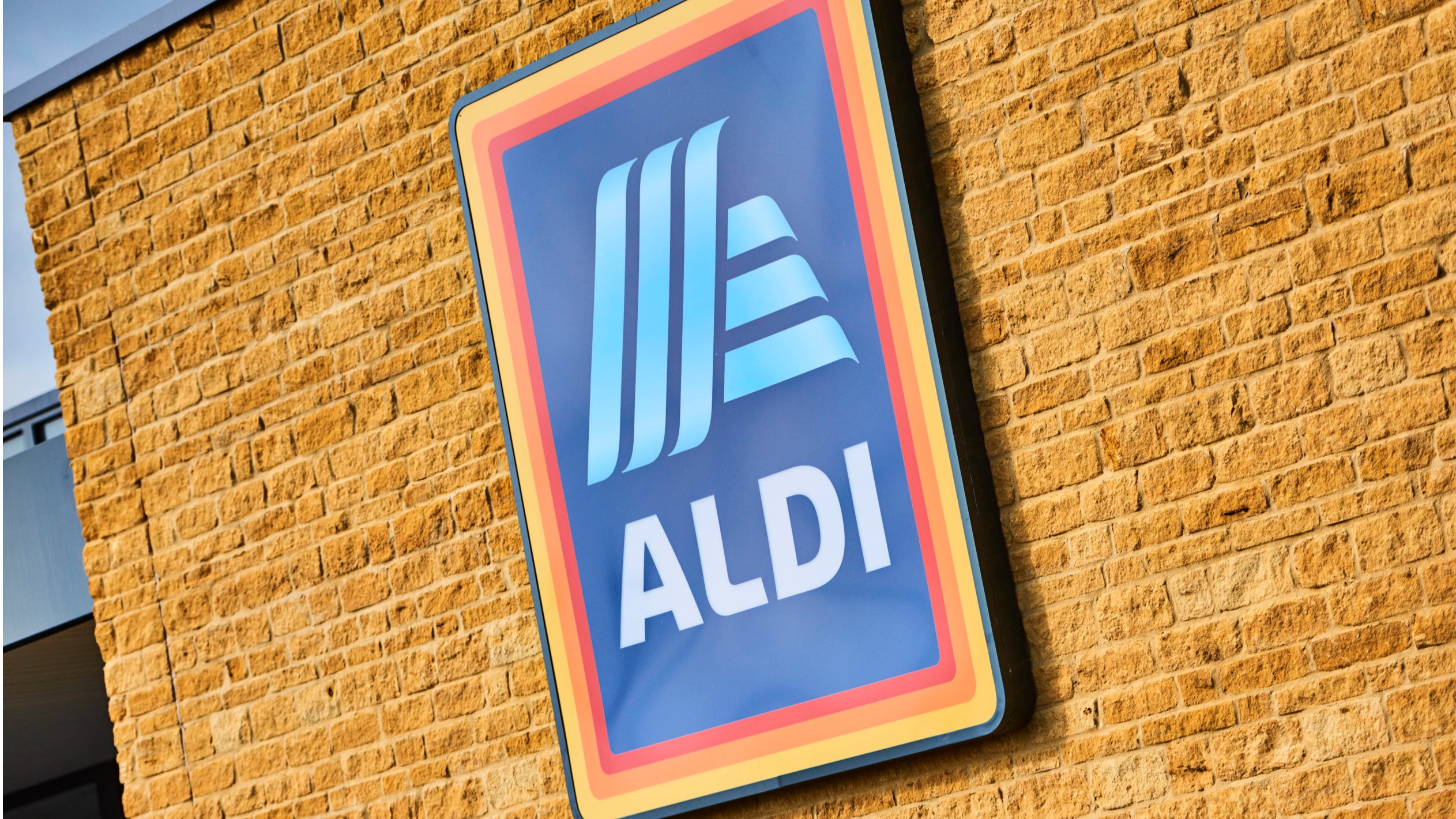Aldi is incorporating recycled plastic in its own-label crisp packaging in what it claims is a UK supermarket first.
The discount supermarket said packaging in its Specially Selected range will contain a minimum of 35 per cent recycled content.
The change will be extended to its own-label popcorn and lentil chips towards the end of the year.
Aldi said the changes will eliminate 78 tonnes of virgin plastic each year.
The move forms part of the supermarket’s target to include 50 per cent recycled content into its plastic packaging by 2025.
“At Aldi, we are continuously making changes when it comes to reducing plastic waste, and we know how important this is to our customers too,” said Luke Emery, plastics and packaging director at Aldi. “Increasing the recycled content in our crisp packaging is just one way we are helping our customers to reduce their environmental impact, with all these little changes adding up to make an even bigger difference.”
The retailer has recently launched other products which use environmentally friendly packaging, including recyclable paper-based wrapping for its own-label block butter products.
Last month, Aldi announced it had introduced 100 per cent recycled plastic packaging (rPet) for its own-brand washing up liquid in a move that is expected to save over 500 tonnes of virgin plastic per year.
Latest News
-
Tesco strikes AI partnership with Mistral AI to deepen personalisation and speed analysis
-
Dutch supermarket Plus rolls out electronic shelf labels across 265 stores
-
Usdaw calls for free flu jabs for shop workers
-
Softies launches first online store as part of Widdop & Co. digital expansion
-
Boots expands on-demand delivery to 500 UK stores
-
Mango launches capsule collections for teens and kids using recycled fibres
Beyond Channels: Redefining retail with Unified Commerce
This Retail Systems fireside chat with Nikki Baird, Vice President, Strategy & Product at Aptos will explore how unified commerce strategies enable retailers to tear down these barriers and unlock new levels of operational agility and customer satisfaction.
The future of self-checkout: Building a system that works for consumers and retailers
In this webinar, industry leaders discussed what the future of self-checkout looks like and how retailers can make the technology work for everyone.
© 2024 Perspective Publishing Privacy & Cookies












Recent Stories